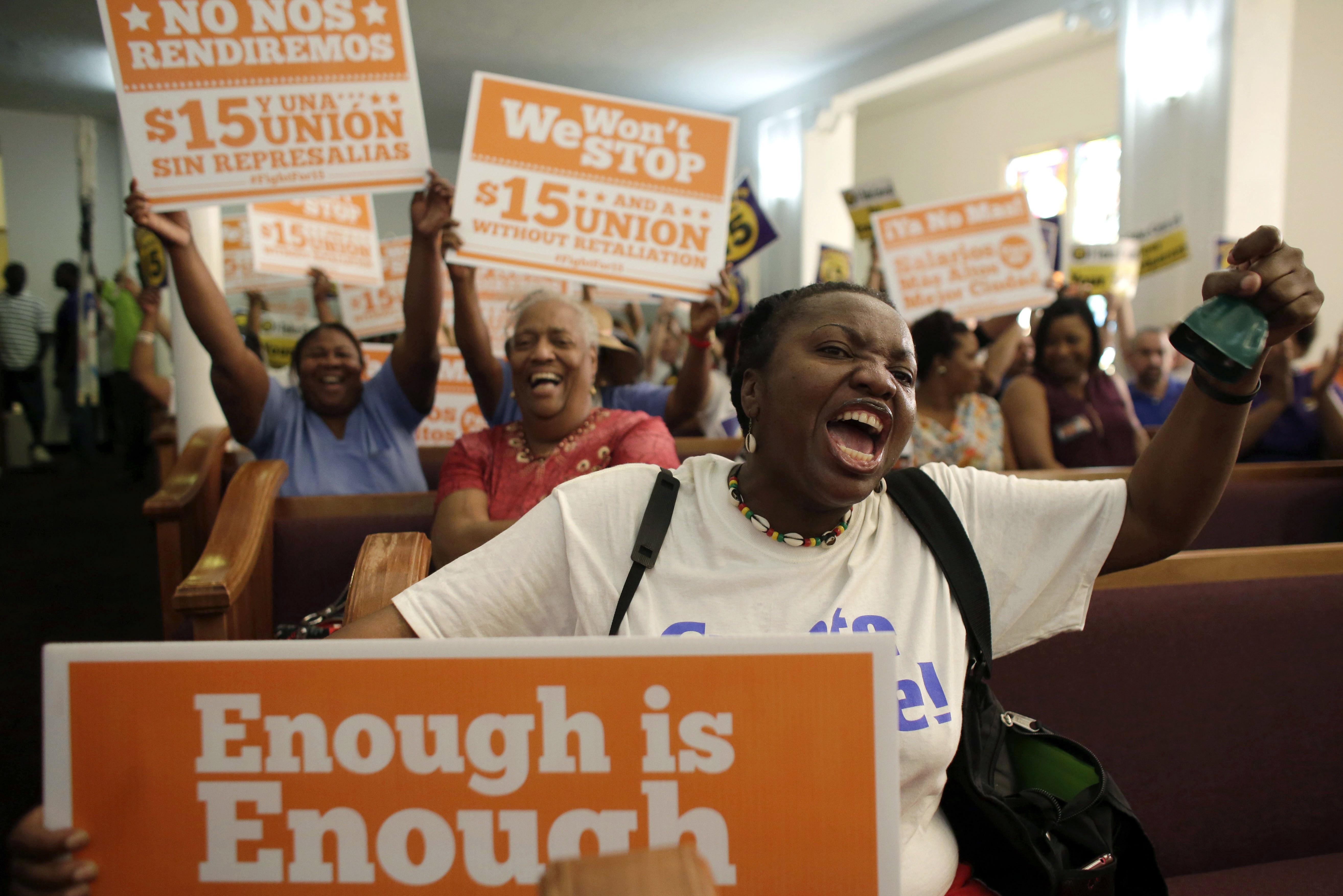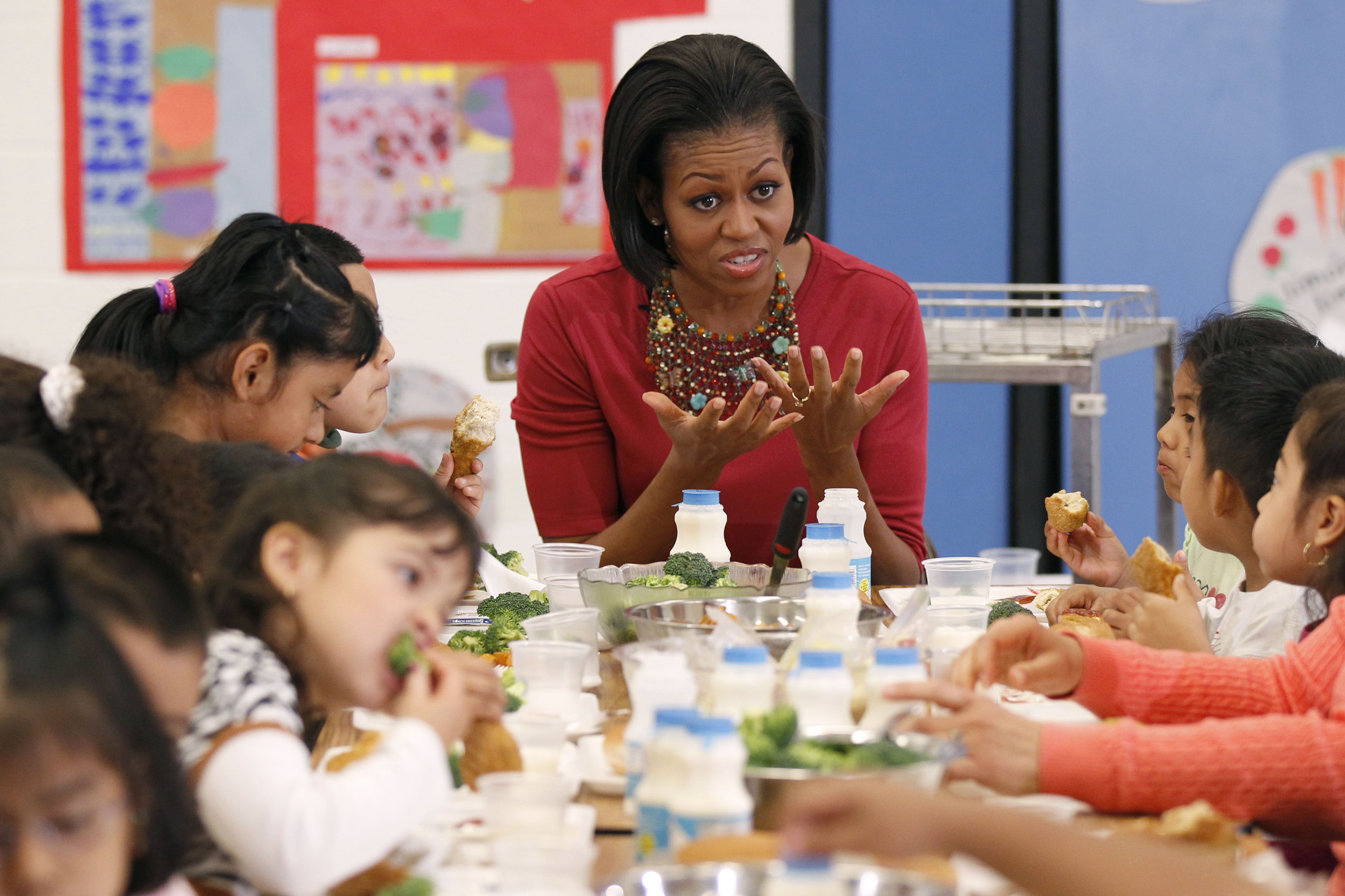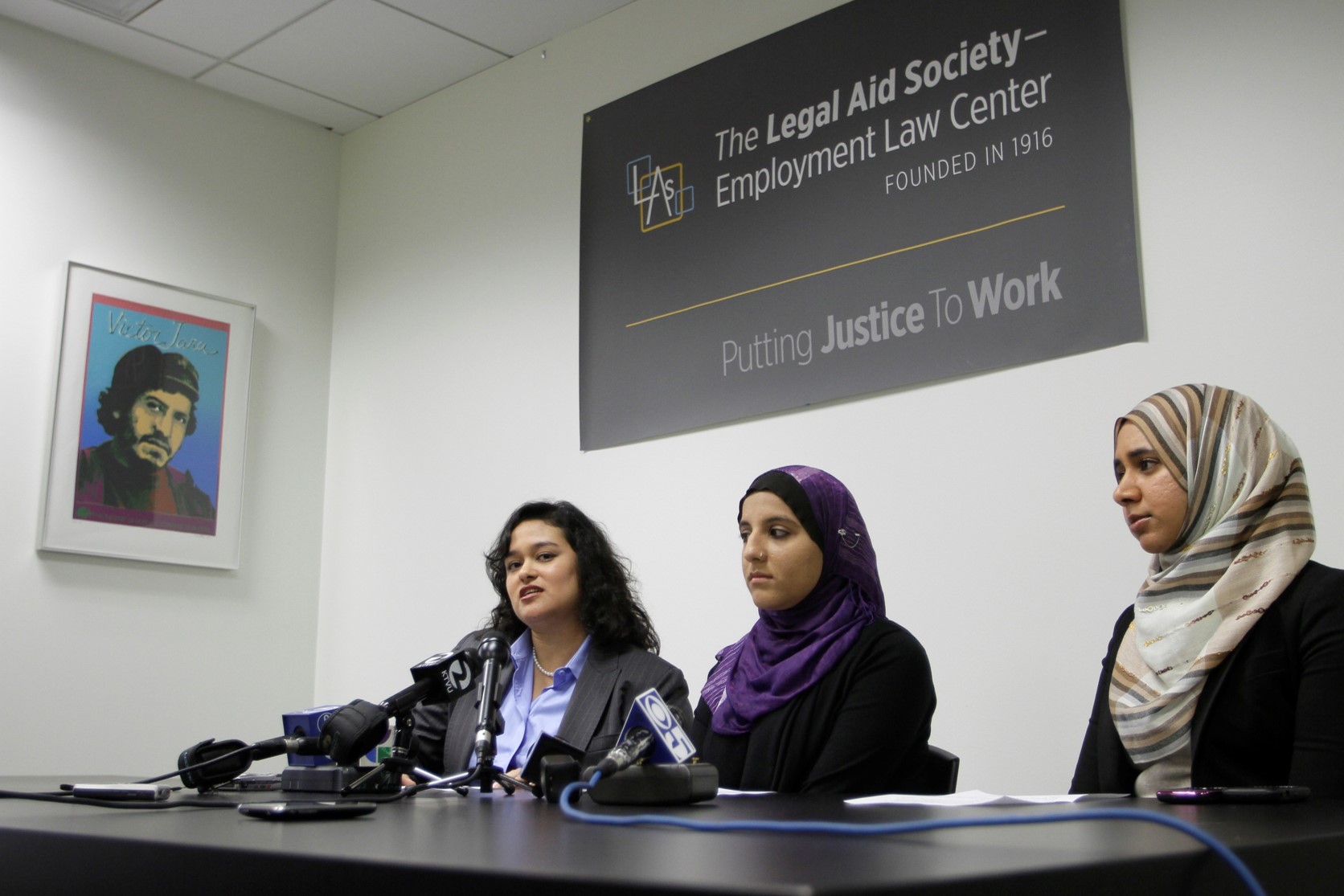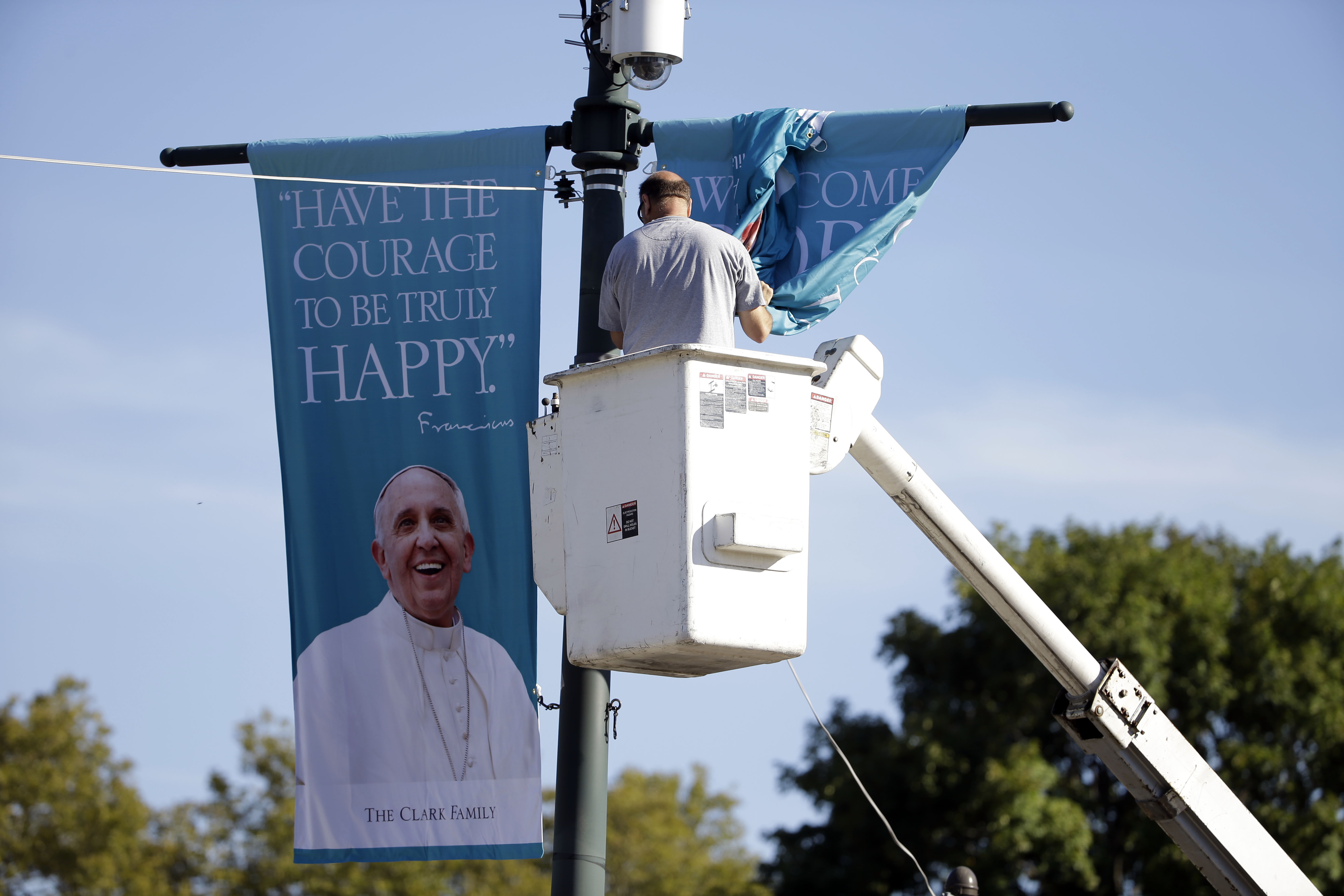Yesterday I joined Fox and Friends for what they billed, in typical Fox News fashion, as a “fair and balanced debate.” The topic was a Maine mayor’s call to publish the names and addresses of all recipients of public assistance online as a sort of “poverty-offender registry.” Mayor Robert MacDonald of Lewistown announced this ugly proposal last week in an op-ed in the local Twin-City Times, offering the justification that Mainers “have a right to know how their money is being spent.”
My conservative counterpart on the show—Seton Motley, a one-man political operation he calls Less Government (hey, at least he gets points for being straightforward)—defended “shaming the people who are sitting on welfare” as a tactic to get them off of assistance, and to crack down on what he termed “widespread welfare abuse.”
As I pointed out when my turn came to speak, the real shame is that our nation’s minimum wage is a poverty wage. In the late 1960s, the minimum wage was enough to keep a family of three out of poverty. Had it kept pace with inflation since then, it would be nearly $11 today, instead of the current $7.25 per hour.
Video provided by Media Matters for America
And it’s not just workers earning the minimum wage who are struggling: Working families have seen decades of flat and declining wages, while those at the top of the income ladder capture an ever-rising share of the gains from economic growth.
As a result, millions of Americans are working harder than ever while falling further and further behind. And many are juggling two and three jobs in an effort to make enough to live on: 7 million Americans are working multiple jobs. (Remember Maria Fernandes, the New Jersey woman who died in her car after trying to get a few hours of sleep in between her four jobs?)
Many low-wage workers need to turn to public assistance to make ends meet. In fact, researchers at Berkeley found that the public cost of low wages is more than $152 billion annually, in the form of Supplemental Nutrition Assistance Program (SNAP), the Earned Income Tax Credit (EITC), Medicaid, and other work and income supports that workers must rely on when wages are not enough to live on. The researchers also find that more than half—56 percent—of combined federal and state spending on public assistance goes to working families.
Contrary to conservatives’ claims that a bump-up in the minimum wage would “kill jobs,” a large body of research shows that past minimum wage increases at the federal, state, and local levels have boosted earnings and cut poverty among working families, without leading to job loss.
And it’s not just teenagers earning extra spending money who stand to benefit from raising the minimum wage. The average age of workers who would get a raise is 35—and more than 1 in 4 have kids. (Then again, Motley went so far as to say that people earning the minimum wage shouldn’t have children… Oy.)
If Mayor MacDonald, Motley, and their cheerleaders in the right-wing media really want to shrink spending on public assistance, then instead of wasting their time shaming people who are struggling to make ends meet—which, of course, is the sole purpose of Fox News’s recurring segment “Entitlement Nation”—they’d be wise to embrace raising the minimum wage. Indeed, my colleague Rachel West has found that raising the federal minimum wage to $12 an hour, as Senator Patty Murray and Congressman Bobby Scott have proposed, would save a whopping $53 billion in SNAP in the coming decade—more savings than the $40 billion in cuts proposed by House Republicans during the last round of Farm Bill negotiations. In Maine, the single-year savings in SNAP from a minimum wage hike would top $31 million.
Whether or not Mayor MacDonald’s widely criticized—and likely illegal—proposal for a public assistance shaming database gains traction—even in a state that’s been leading the nation when it comes to policies that punish its citizens for being poor—we should see his and Fox News’ poor-shaming for what it is: an attempt to divert attention away from the real causes of poverty, as well as the solutions that would dramatically reduce it.
For pushing harmful policies and bullying people who are struggling to provide for their families in an off-kilter economy, Mayor MacDonald and his friends in the right-wing media are the ones who should be ashamed.











